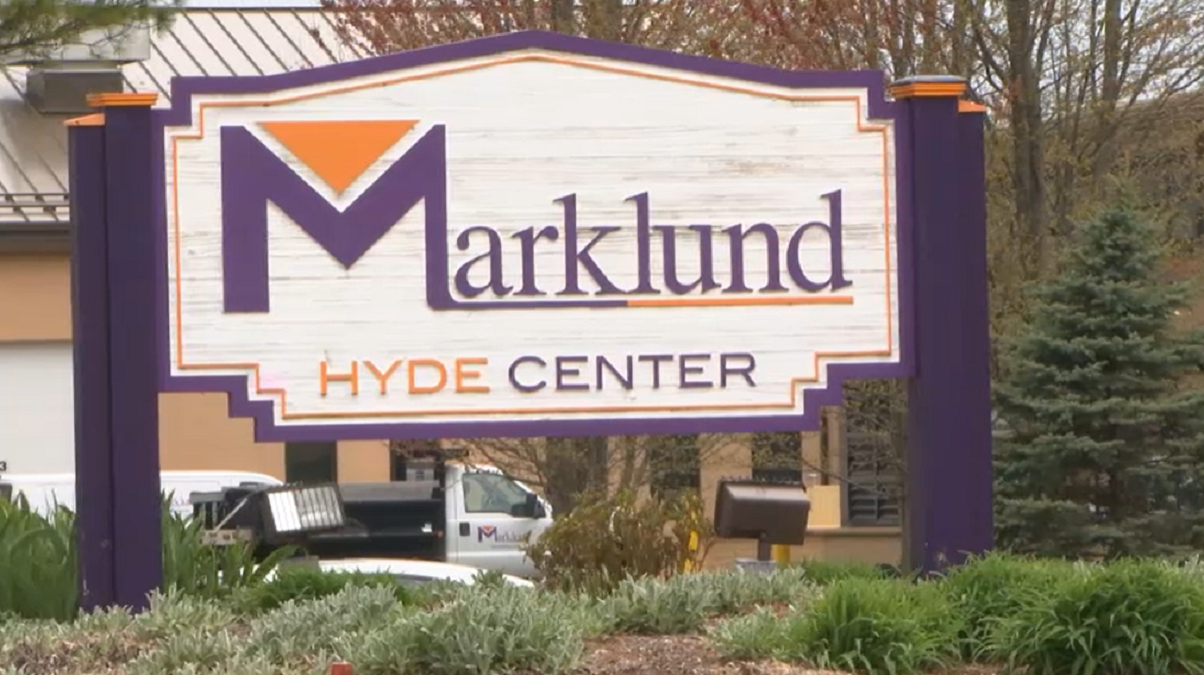Key Senate Democrats pressed for a vote on reversing Gov. Bruce Rauner's budget veto, suggesting Tuesday that any available hammer be used to break the months long spending deadlock before a deadline of Wednesday for the Legislature to act.
But prospects were fading by evening because the House would also have to vote to override and two lawmakers holding crucial Democratic votes in that chamber told The Associated Press they remain staunchly opposed to an override.
As a backup, the Senate will consider a stop-gap $2.3 billion budget. The package would maintain essential government functions and pay all state employees through July. But Rauner opposes it, too.
Two weeks into a new fiscal year with no agreement on a yearlong spending plan, Senate Democrats planned a private meeting Tuesday to discuss their strategy. Time is running out: The 15-day override clock ends Wednesday for both the Senate and the House.
"People want to see some action," Assistant Majority Leader and Waukegan Democratic Sen. Terry Link said. "They want to make sure employees are paid, services are rendered, and those that are in need of the social services that will be locking their front doors if we don't get something resolved."
Rikeesha Phelon, spokeswoman for the Senate Democrats, said after a closed-door meeting that the caucus had not made a final decision on an override. But the Senate's first order of business Wednesday, she noted, would be consideration of the provisional spending plan.
Democrats sent Rauner a $36 billion blueprint in June, but except for approving money to enable public schools to open, the new governor vetoed it because it has a deficit of up to $4 billion. Democratic lawmakers want a tax increase to fill the gap and provide for "vital" services; they suggested he use wide-ranging executive powers to spend what he saw fit instead of nixing the whole thing.
Local
The same reasoning held sway among senators watching the number of options dwindle to institute a new budget.
"It would not be the first there wasn't a precise match between appropriation and available revenue," said Sen. Don Harmon of Oak Park, who supports override if it leads to a "durable" solution. "Prior governors have managed that process; we'd also be willing to work with the governor to identify supplemental sources of revenue."
Rauner's office did not respond to a request for comment.
With Democrats filling 39 of 59 seats in the Senate, the majority could likely gather the 36 votes needed for a three-fifths majority.
But the supermajority in the House is 71, the same number of posts Democrats hold. There, Democratic Reps. Jack Franks of Marengo and Scott Drury of Highwood oppose override because the plan still doesn't have enough revenue to cover spending.
"I'm getting pressure, and the easy way for me is to vote for an override," Franks said, "but it's the wrong solution."
Of the 19 bills in the budget plan, the Senate controls eight; overrides begin in a bill's original chamber.
There appeared no political peril for the Senate for acting alone on an override, but news of Senate action could also needlessly raise hopes among those counting on state services.
The only downside Park Ridge Democratic Sen. Dan Kotowski sees to Senate override is for Rauner, who has "had every opportunity to connect to investing in the people of Illinois."
Rauner signed the education budget to stem the backlash of angry parents unable to enroll their children in school next month. And as the first fiscal year 2016 payday approached Wednesday, he went to court last week and won victories that allowed the state to cut that first round of paychecks.
If payroll is halted and workers go home, it could create a cacophony that could make further negotiations more difficult, said Sen. Bill Haine, an Alton Democrat who favors an override.
"It's time to get those essential services moving," he said. "If (Rauner's) open to balancing budget through cuts and cuts alone, that's his constitutional option. If he's open to cuts and revenue, he's opened the door to that, (and we) would be open to that."



